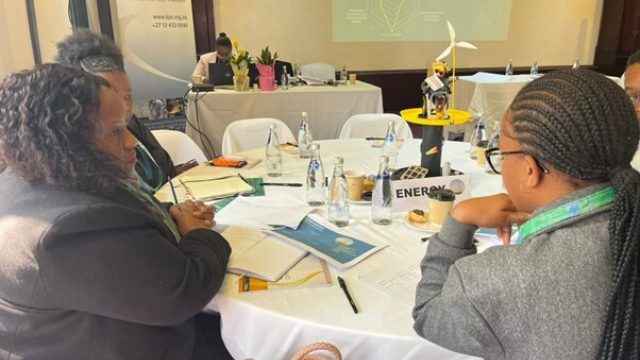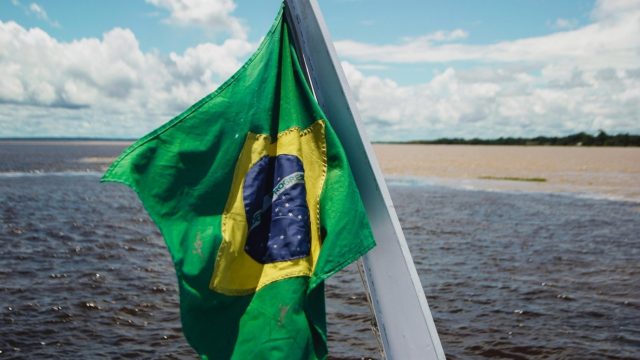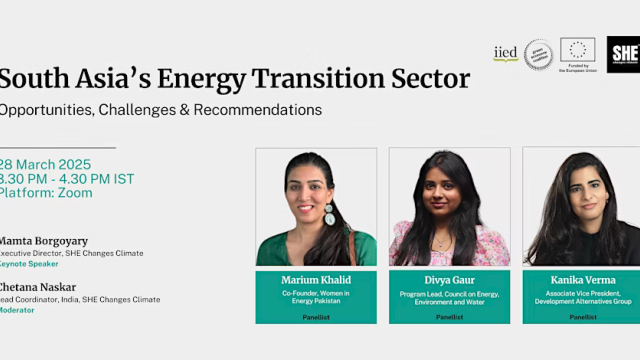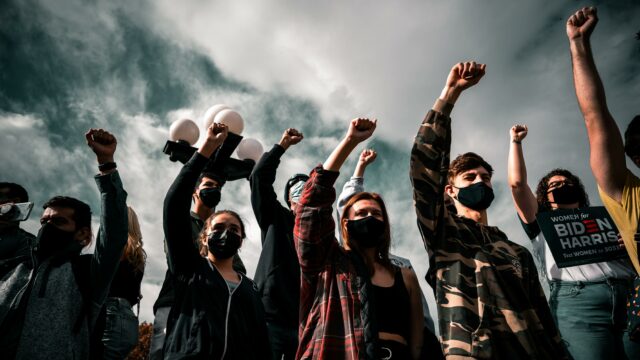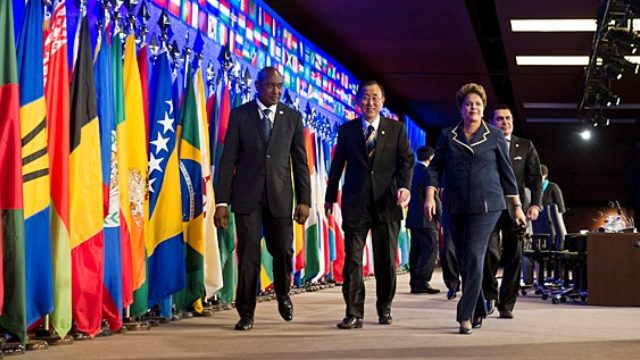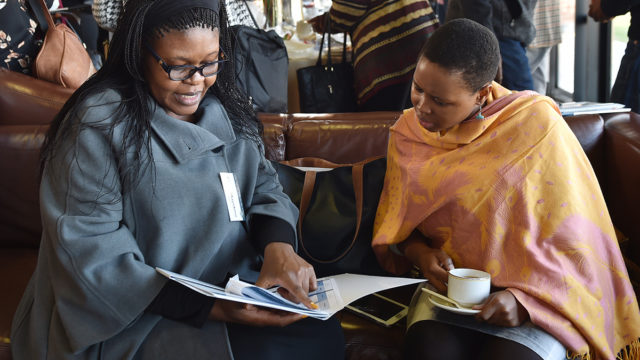Tackling Inequality
We know that fairer economies are more resilient but they also have a smaller environmental impact. Our members are ensuring that poor people, informal workers and marginalised communities are being heard by economic decision makers.
“ A global economy where 62 people own as much as the poorest half of the world's population is a failing economy”
A widening gap between rich people and poor people is not just a
moral problem. Inequality cripples economies as well as peoples lives.
The bigger the wealth gap the longer people become trapped in
poverty. Whether in Dhaka or Detroit, it is the poorest who are hit the
hardest when water becomes contaminated or air becomes polluted.
Nature suffers more in unequal societies. It is the richest people on the planet who consume disproportionately more than anyone else, while the poorest have the smallest ecological footprint.
“ 98% of 100 cities in low- and middle-income countries do not meet air quality standards”
The opportunity
Green economies can be fair economies. The transition offers a chance to restructure markets and financial flows with people in mind. It means a shift towards community ownership of local natural assets and away from centralised utility companies that can concentrate wealth (read how communities in Denmark and Bangladesh have taken control of their energy systems). It can mean new streams of money from taxing pollution that can be spent on social services (read how British Colombia's carbon tax is putting money into low-income families). It is a chance for poorer countries to leap-frog traditional development pathways to develop locally-rooted industries and sectors.
Enterprises flourish in more stable and equal societies. The ‘millennials’, today's consumers, voters and employees, are restless for positive change. Business models built around cooperative collaboration, solidarity in the supply chain, long-term commitment to goals are already taking off: Fairphone, the first smart phone built from conflict-free materials, provides fair wages to the workers, and is built to last a lifetime is now trading all over the world; Narayana Health, an Indian hospital applying a cross subsidisation model that can cover low-income patients by treating the rich has grown to be a network of 32 hospitals across 20 cities employing over 15,000 people.
“ By tackling gender equality $12 trillion could be added to global GDP by 2025”
Our position
A fair transition starts with ensuring that people – particularly poorer and marginalised groups - have a voice in decision making. CAFOD's research shows that poorer communities are not being mentioned or consulted in green economy strategies. For this reason, the Coalition is focused on ensuring that communities, workers, informal enterprises have a place at the policy table. This does not mean cursory one-off meetings. It means ongoing social dialogue and participation. Read more about our national hubs.
For our members, making our economies fairer requires deep-rooted reform. We are working with governments to put societal and environmental goals at the core of their strategies and mandates. We are urging governments to support the smart devolution of natural resources access, use and governance to community levels. Read the ten key steps for ensuring a socially just transition.
We see that there will also be some ‘losers’ from the transition as industries and sectors change. Governments will need to put in place social protection schemes and safety nets to support people. There are innovative and practical examples to learn from. Ghana offset the removal of fossil fuel subsidies by making primary school free, capping bus fairs and raising the minimum wage. Our member are working with governments to make this a just transition. See ILO’s guidelines for a just transition.
